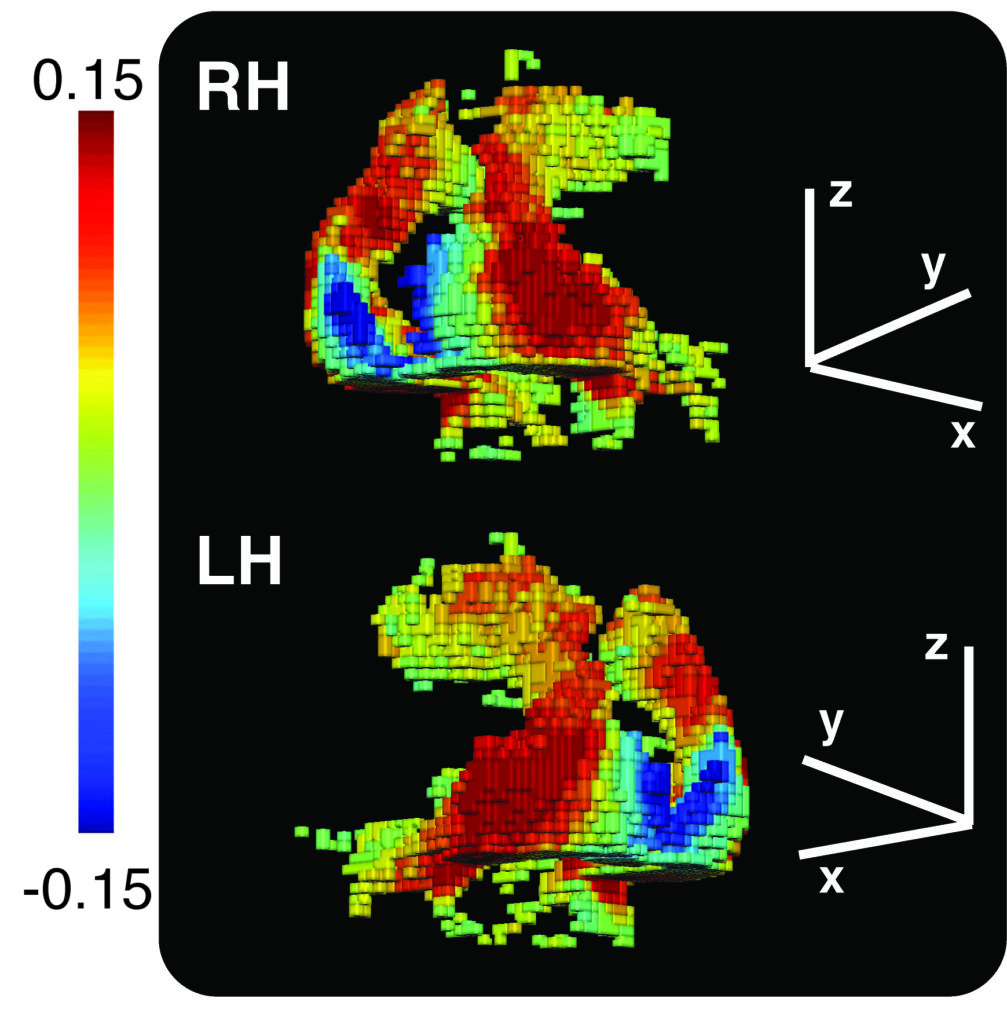
Cognitive Neuroscience
Cognitive neuroscience is a multidisciplinary scientific field that brings together perspectives from Psychology, Neuroscience and Biology to uncover the biological basis of cognition. Cognitive neuroscience research in the Centre for Vision Research (CVR) focuses on investigating the neural underpinnings of vision and a wide range of visually guided behaviours. Our research relies on a variety of neuroimaging tools (structural and functional MRI, EEG, TMS), computational approaches and neuropsychological investigations of individuals undergoing typical and atypical development over the life span. Our training programs provide unique hands-on opportunities and a collaborative environment that facilitates students' research efforts.
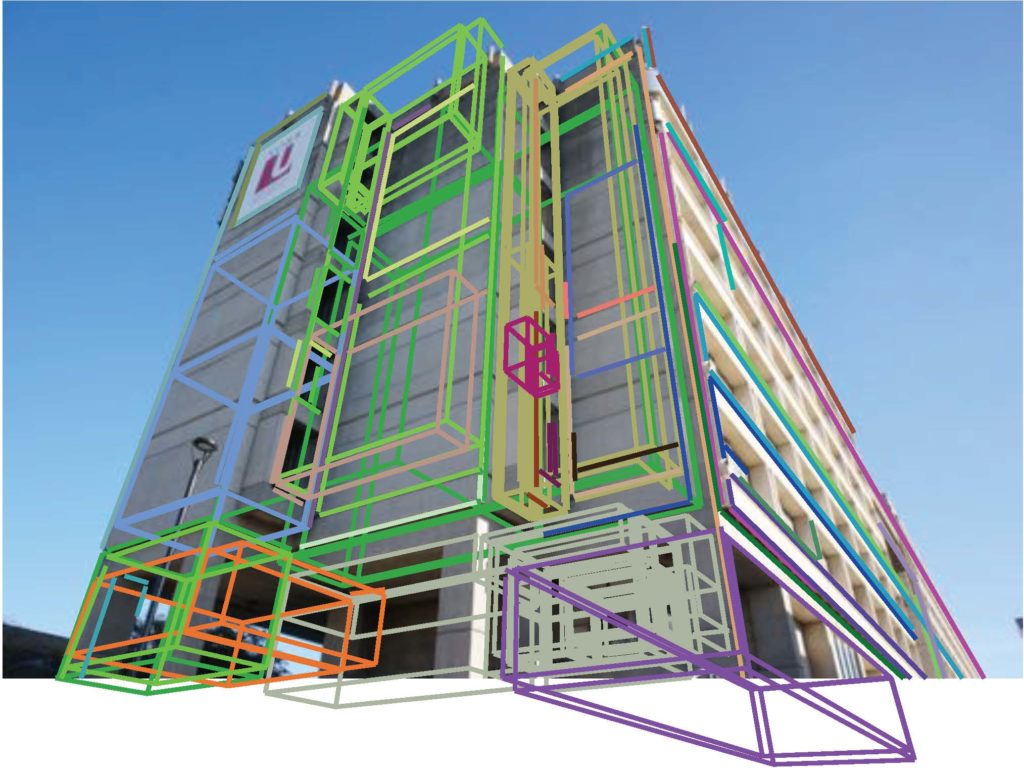
Computer Vision
Computer vision research in the CVR draws on mathematics, physics, computer science and engineering to design and build artificial vision systems. Machine learning, and in particular deep learning, plays a prominent role in many of these systems. Projects range from theoretical modeling to real-world applications, often in collaboration with industry partners. Research topics include early visual processing, feature detection, perceptual grouping, shape perception, object recognition, single-view and multi-view 3D perception and visual attention. Applications domains include autonomous driving, traffic analytics, field and service robotics, sports videography and biomedical imaging.
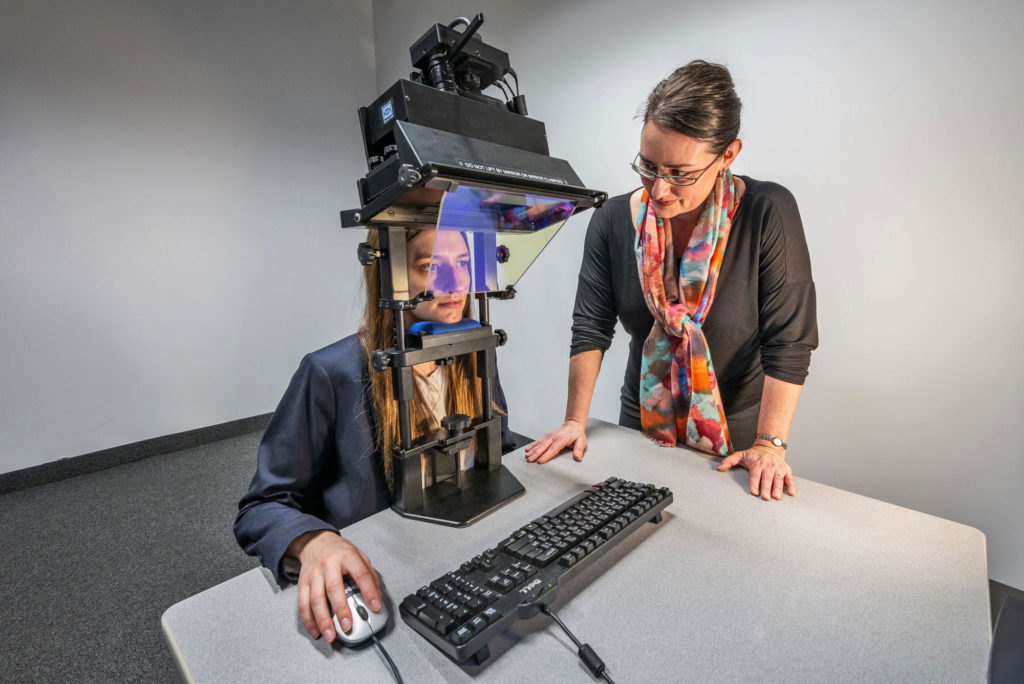
Perception & Cognition
Perception & Cognition research in the CVR is focused on developing detailed models of the mechanisms through which sensory stimulation is combined with internal states to give rise to perception and behaviour. Perception & Cognition researchers at the CVR use psychophysics, eye-tracking and other behavioural methods to study a number of topics relating to visual perception, including depth perception, object recognition, multisensory interactions between vision and other modalities, perceptual development and reciprocal relationships between perception and cognitive processes like thinking, learning and memory.
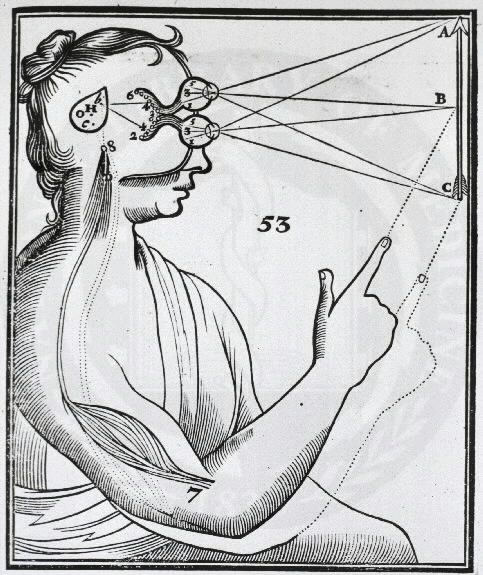
Philosophy of Vision
Philosophers in the CVR examine foundational ideas about visual perception—for example, that it is computational, that it represents the environment, and that it is conscious. The Department of Philosophy runs the undergraduate Cognitive Science Program and the Cognitive Science Speaker Series, which often includes talks of interest to CVR members. The Philosophy of Perception Reading Group (PPRG), which is also organized through the Department of Philosophy, meets a few times per semester to discuss readings that address theoretical issues about perception. It is open to all graduate students, postdocs, and faculty in the CVR (contact Jacob Beck to add your name to the email list).
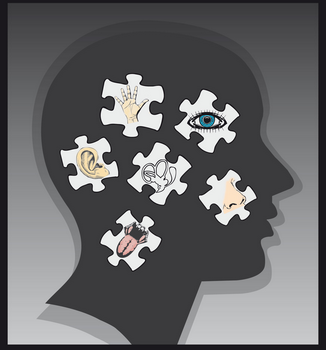
Multisensory Integration
It is now accepted that no sense acts alone outside the context provided by the other sensory systems. Here at the CVR, we have multiple ways of stimulating multiple senses at the same time in a controlled way to look at the influence of one on another and how information from multiple senses are integrated in time and space to generate our perception of our bodies, the outside world, and our interactions with it. Virtual Reality, for example, is an important tool that allows us to explore the integration of vision with proprioceptive cues when reaching and somatosensory and vestibular cues when moving. Applications include everything where accurate perception is required such as in cockpit and car design, serious gaming, and meeting the challenges posed by extreme environments such as underwater or in the microgravity of Space. How multisensory integration changes with age and in some clinical conditions may underlie associated balance, perceptual and motor issues.
